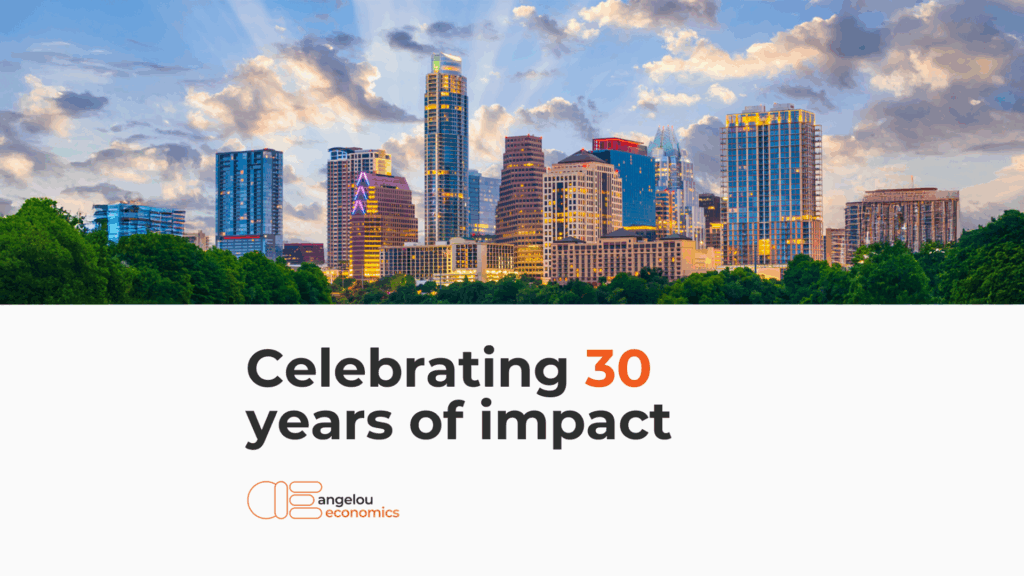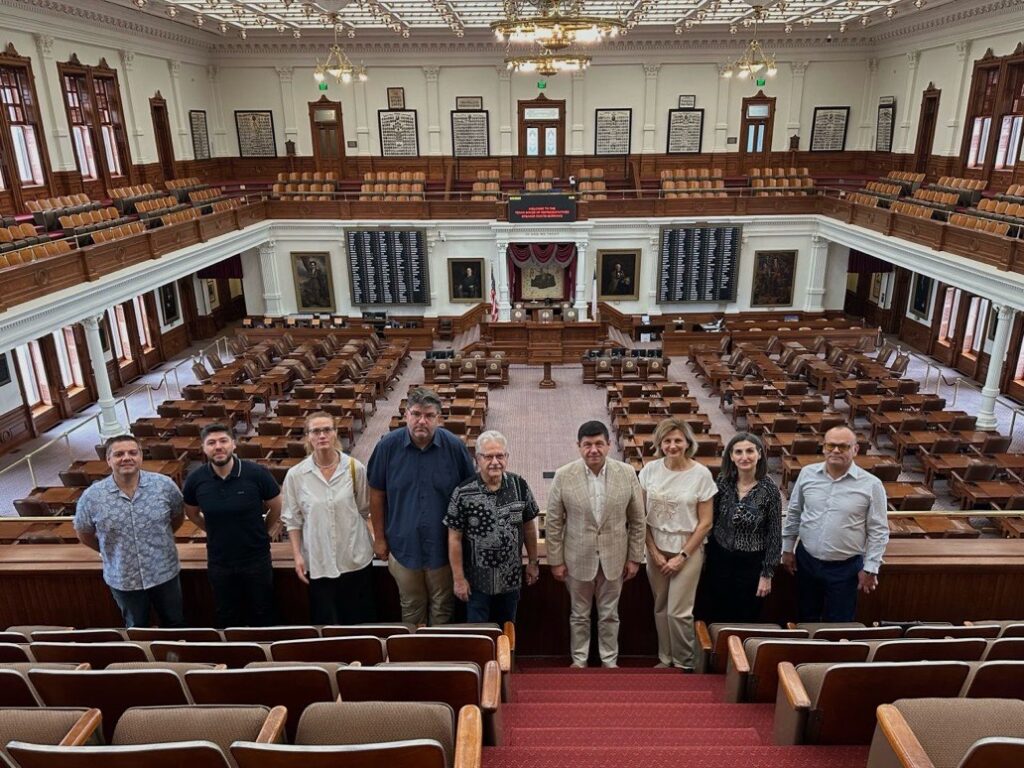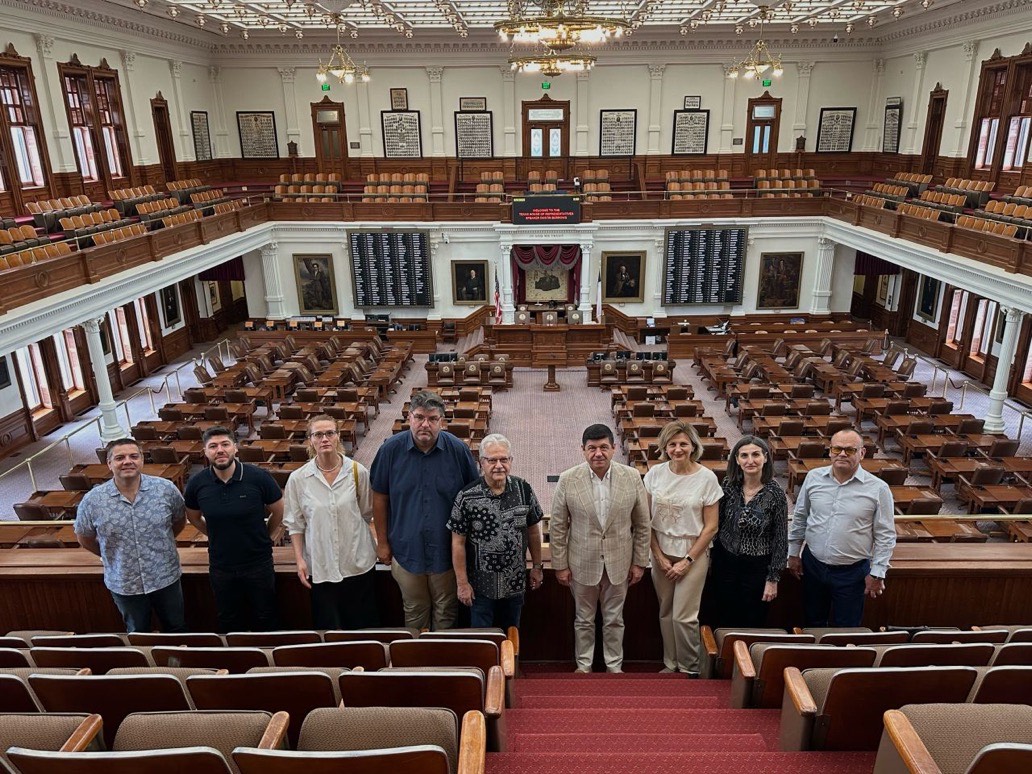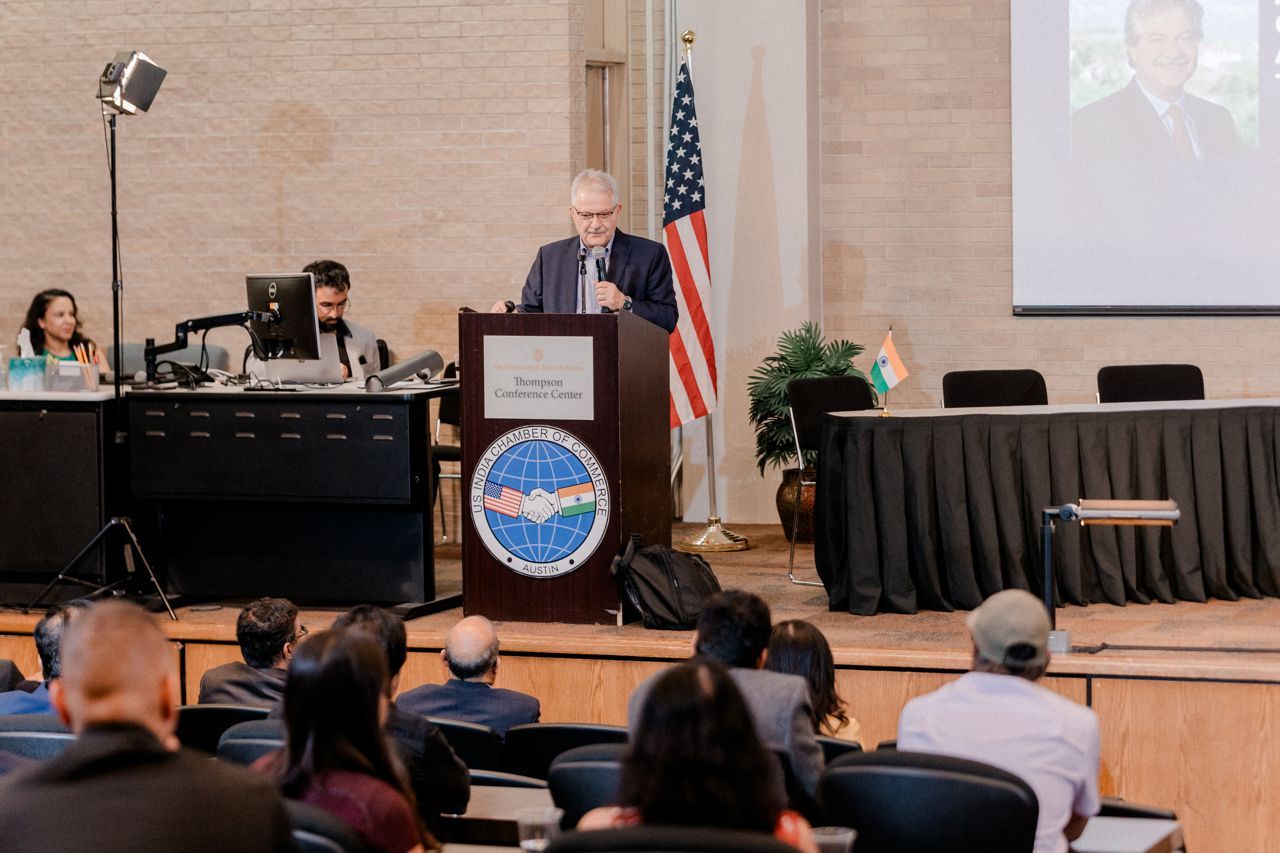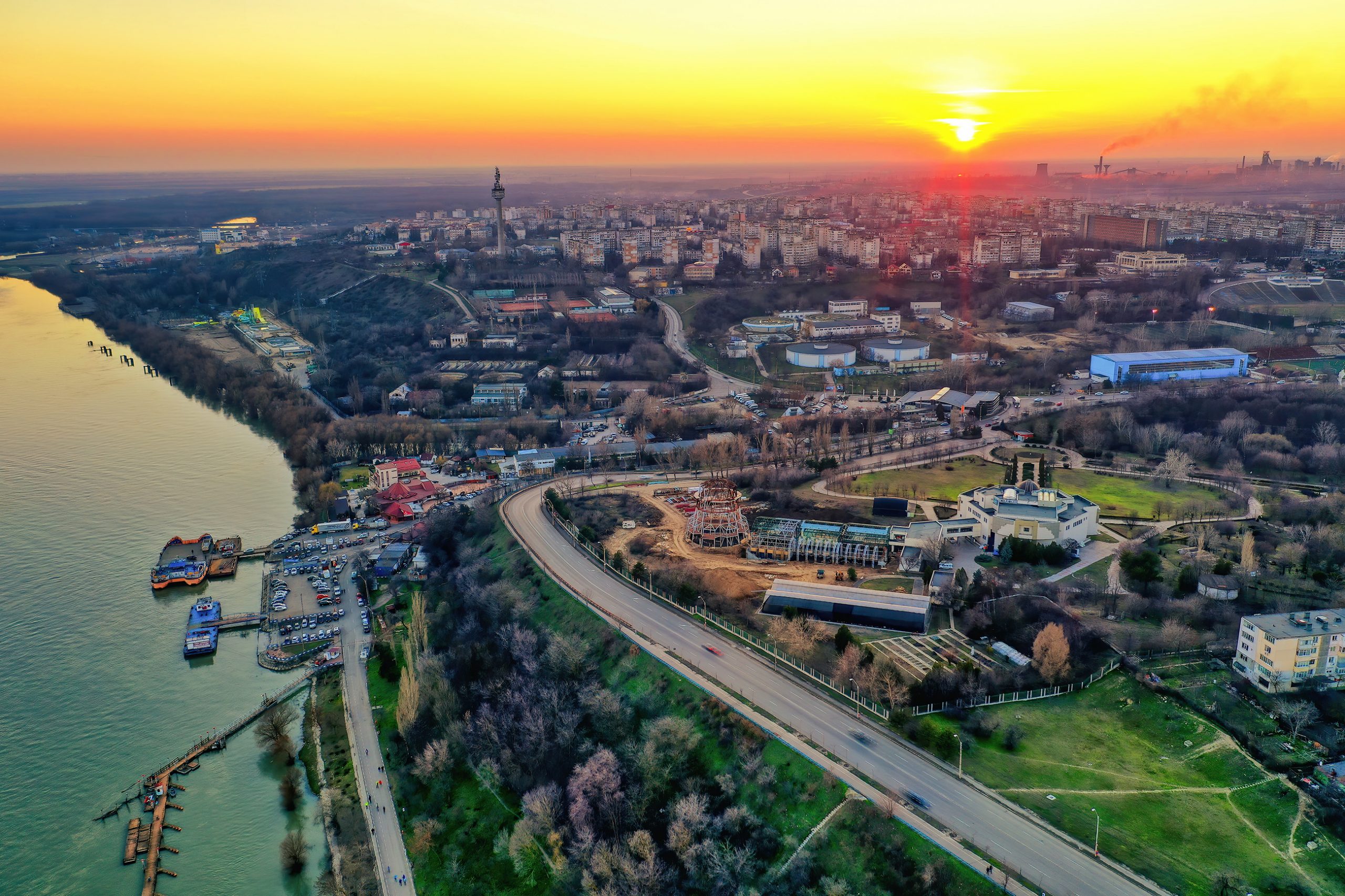Written By: William Mellor, Vice President at AngelouEconomics | What is the Economic Impact of Natural Disasters?
This is a transcript of our Trend Tuesday Video. Visit our channel on YouTube to see all our Trend Tuesday videos.
Do natural disasters cause or create economic growth?
Take a look at what’s happening right now to Kīlauea in Hawaii. In the same way, remember what happened in 2017 when hurricanes Irma and Harvey devastated some states in the country.
More often than not, heightened economic activity is what usually happens after a natural disaster. As an economist, what should be the view about it? Is it good, bad, or somewhere in between?
Let’s take Texas for example. When the final GDP numbers came out for the 4th quarter of 2017, Texas, among other states, achieved the highest GDP growth of 5.2%. Given that Houston was hit so hard by Hurricane Harvey, how did Texas do so well and come out on top?
As Texas rebuilt, there were several industries (mostly the construction industry) that increased production. Construction is the second highest performing economic sector after the oil and gas industry. Thus, it is reasonable to say that the construction industry brought about economic growth that led Texas to lead the nation in terms of GDP growth.
On one hand, that’s great. On the other hand, it’s not.
Let’s remember that GDP growth coming from a natural disaster is not, and should not be treated the same way as GDP growth that comes from other means such as commercial and technological advancements. Increased economic activity after a disaster doesn’t really push the economy forward; it only gets us back to where we were. Economist Donald Boudreaux of George Mason University said it best in an article to the New York Times in 2008 that “…over any reasonably relevant period of time, society is not made wealthier by destroying resources”… If it were, “Beirut should be one of the wealthiest places in the world.”
Link: https://www.nytimes.com/2008/07/08/world/asia/08iht-disasters.1.14328351.html
Let’s face it – we can never stop natural disasters from happening. But how should the government prepare for them? It’s by creating infrastructures using the newest technological methods. Technologically advanced infrastructures will help prevent natural disasters from damaging properties. It means that if there are fewer things to rebuild after disasters, government funds can be re-allocated to other income-generating programs and projects that will further economic growth. As a society, how can we help? It’s as simple as taking care of the environment. Mother Earth will take care of us in return if we take care of her.
About AngelouEconomics:
AngelouEconomics has worked with numerous professional and business associations in building dozens of unique economic impact studies among other types of projects including site selection projects as well as strategic economic development projects. Some projects have examined the effects of statewide policy measures, such as the Texas Bathroom Bill or ban on Sanctuary Cities. Other projects have measured the contribution of member networks in terms of jobs, wages, and total economic output, like this study for Prospera, a nonprofit organization which specializes in providing bilingual assistance to Hispanic entrepreneurs in Florida. Economic impact studies are effective tools for quantifying and illustrating the value of individual professional and business associations. They are versatile, as they can illustrate the value or impact of a specific policy or quantify the economic contribution of your members to the local, regional, and nationwide economies.
Want to Learn More?
If you would like to learn more send us an email at info@angeloueconomics.com



